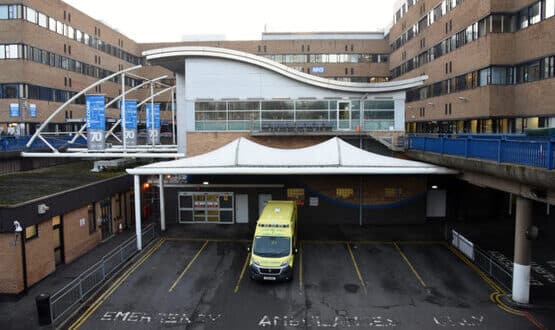Two trusts live with Medway
- 14 November 2013

Two trusts have gone live with the Medway patient administration system over recent weeks.
Basildon and Thurrock University Hospitals NHS Foundation Trust and Nottingham University Hospitals NHS Trust were running legacy McKesson Totalcare systems, for which the contract expires in March 2014.
Both signed with System C, a McKesson company, for replacement PAS’ earlier this year.
Basildon went live on 2 November and Nottingham went live on Monday this week.
Mark Magrath, commercial director at Basildon and Thurrock University Hospitals, said the requirements of the trust’s hospitals had outgrown the old PAS, which had been in place for nearly 30 years.
“The new system provides staff with speedier access to patient records and has additional functions to assist with bed management and patient safety,” he said.
EPR project manager at the trust, Steve Thorndyke, said it was vital to have a smooth implementation to ensure that there was minimal disruption to patients and staff.
“We were delighted to achieve this, within a nine month implementation period, which is testament to the hard work of all those involved.”
The Medway modules implemented include a Master Patient Index and case note tracking.
The deployment also integrates Medway with the trust’s AGFA picture archiving and communications system and Fortrus Mobius electronic medical record systems with single sign-on, allowing data to be viewed across these systems whilst maintaining patient context.
This integration is provided through the Medway Connect integration platform.
Basildon plans to go-live with order communications and results reporting early next year.
A Nottingham spokesperson said it went live with the Medway PAS on 11 November, “on time and on budget”.
The trust’s ICT team successfully transferred 56m records from two older systems into a single new system, making it ready for use by 6000 users across three campuses and the wider health community on Monday morning this week.
Nottingham’s ICT services director Andrew Fearn said: “this has been a huge change, the first in a programme of work which means patients will be able to be treated more quickly and efficiently.”’




